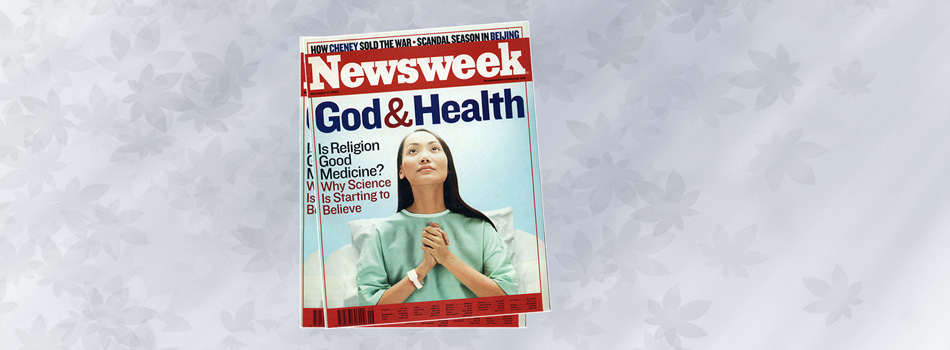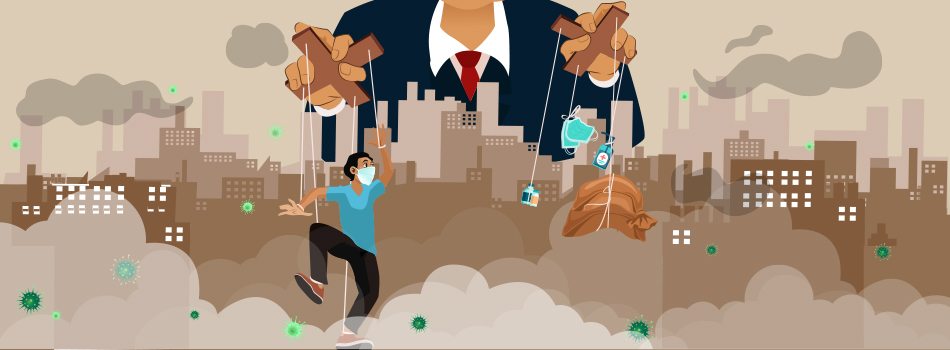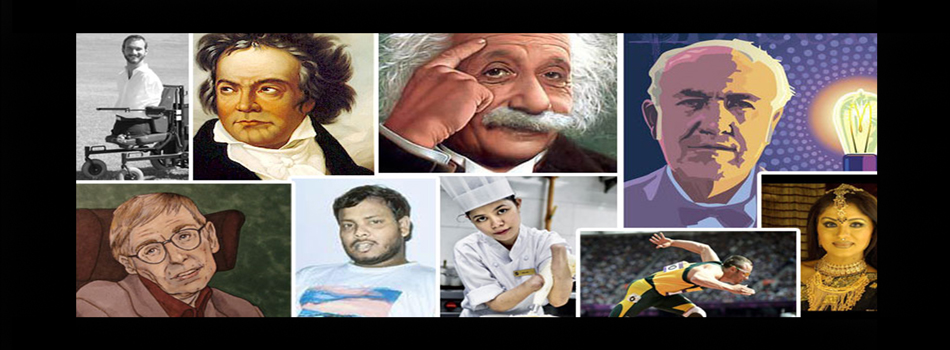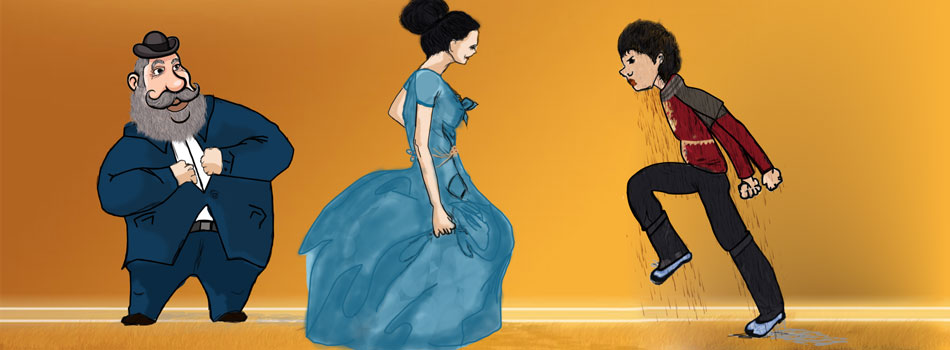
Faith can Heal You Too
published : 12 January 2017
On a quiet Saturday, Ming He, a fourth year medical student in Dalas, came across a man dying in VA Hospital. Suffering from a rare cancer and hooked up to an oxygen tank, the man could barely breath, let alone speak. There were no friends or relatives by his bed to comfort him. When the young student walked into his room, the man looked at her and said, "Now that I’m dying, I realize that I never really learned how to live." Ming He had no idea how to respond.
"I thought, 'My God, the chaplain doesn’t work on weekends, what do I do?'" She held the man’s hand for a few minutes in silence; two days later, he died. And, after that, as soon as she could, she signed up for "Spirituality and Medicine" at the University of Texas Southwestern Medical School, a course that teaches students how to talk to patients about faith and illness.
More than half of the med schools in the country now offer such courses- up from just three a decade ago; largely because patients are demanding more spiritual care.
According to a Newsweek poll, 72% of American say they would welcome a conversation with their physician about faith; the same number say they believe that praying to God can cure someone- even if science says the person doesn’t stand a chance.
On "Beliefnet", a popular interfaith website, fully three quarters of more than 35000 online prayers circles are health related: patients' loved ones as well as total strangers- can log on and send prayers into the electronic ether- hoping to heal cancer, disabilities and chronic illness as well as addiction.
Popular practices like these, as well as the growing belief in the medical community that what happens in the person’s mind and soul can be as important to health as what happens on the cellular level- are leading many doctors to embrace the God they banished from the clinic long ago in favor of technological and pharmaceutical progress.
And many initiatives are being taken throughout US. The National Institute of Health plans to spend $3.5 million dollars over the next several years on "mind/body" medicine. And this weekend Harvard Medical School will hold a conference on spirituality and health, focusing on the healing effects of forgiveness. "there’s been a tremendous shift in the medical profession’s openness to this topic." Says Dr. Andrew Newzberg, a neurologist at the University of Pennsylvania, who is studying the biological effects of meditation and prayer on the brain.
But the question is, 'What does science have to say about this? At a meeting of the American College of Cardiology last month (October 2003), Duke researcher Dr. Mitchell Krucoff reported preliminary data on a national trial of 750 patients undergoing heart catheterization or angioplasty. A group of patients who were prayed for, did no better than second group that received standard care or third, which was given a special program of music, therapeutic touch and guided imagery. But there was one intriguing finding: the fourth “turbocharged” group, which received both prayers and the music program had death rates 30% lower than any of the other patients.
Lynda H Powell, an epidemiologist at Rush University Medical Center in Chicago, reviewed about 150 papers, throwing out dozens that had flaws- those that failed to account for age and ethnicity for example usually affect religiosity. In one respect her findings were not surprising: while faith provides comfort in times of illness, it does not significantly slow cancer growth or improve recovery from acute illness.
One nugget, however, "blew my socks off", Powell says. People who regularly attend church have a 25% reduction in mortality- that is they live longer- than people who are not churchgoers.
Most religions incorporate meditative practices, relaxation and healthy lifestyle that confirms the conditions and importance of health and fitness.


















